Produced in association with
 East Gate Books,
East Gate Books,First published 1986 by M.E. Sharpe
Published 2015 by Routledge
2 Park Square, Milton Park, Abingdon, Oxon OX14 4RN
711 Third Avenue, New York, NY 10017, USA
Routledge is an imprint of the Taylor & Francis Group, an informa business
Copyright 1986 Taylor & Francis. All rights reserved.
No part of this book may be reprinted or reproduced or utilised in any form or by any electronic, mechanical, or other means, now known or hereafter invented, including photocopying and recording, or in any information storage or retrieval system, without permission in writing from the publishers.
Notices
No responsibility is assumed by the publisher for any injury and/or damage to persons or property as a matter of products liability, negligence or otherwise, or from any use of operation of any methods, products, instructions or ideas contained in the material herein.
Practitioners and researchers must always rely on their own experience and knowledge in evaluating and using any information, methods, compounds, or experiments described herein. In using such information or methods they should be mindful of their own safety and the safety of others, including parties for whom they have a professional responsibility.
Product or corporate names may be trademarks or registered trademarks, and are used only for identification and explanation without intent to infringe.
Library of Congress Cataloging-in-Publication Data
Mao, Tse-tung, 1893-1976.
The writings of Mao Zedong, 1949-1976.
Bibliography: p.
Includes index.
I. Kau, Michael Y. M., 1934- . II. Leung, John
III. Title.
DS778.M3A2 1986 951.05'092'4 86-17910
ISBN 13: 9780873323918 (hbk)
The task of writing this acknowledgment is a particularly pleasant one indeed, not only because it is always pleasing to express gratitude where it is due, but also because it signifies that our efforts are finally beginning to bear fruit. Searching all over the world, the Project on the Post-1949 Writings of Mao Zedong has located and collected approximately three million printed words of Mao works. It has taken a decade to translate, annotate, and edit this wealth of material for publication. A project of such scope and magnitude clearly cannot be undertaken without the devotion, hard work, and collaboration of many participants and contributors.
First, the Project wishes to acknowledge with deep gratitude the funding provided by the National Endowment for the Humanities (NEH) and by Brown University. Without their confidence and support, the initiation and execution of the project would never have been possible. The initial grant was awarded by the NEH in 1975. The support was renewed for 1977-1978 and 1980-1982. In 1983, Brown University awarded the Project a supplementary grant. Over the past decade Brown has also generously provided the Project with office space, computer facilities, and other logistical support.
While it is difficult to single out individuals from the overall superb administrative support of the NEH, we are especially appreciative of the personal concern and sympathetic support extended, beyond the call of duty, by George F. Farr, Jr., Kathy Fuller, and Helen C. Aguera, program officers of the NEHs Division of Research Grants. To Brown Universitys chief administrators, President Howard Swearer and Provost Maurice Glicksman, we owe our sincere gratitude and respect for their personal interest and support, which has been most valuable in the later stages of the Projects progress and in enabling us to bring the Project to fruition.
In a major undertaking like this, it is the joint dedication and collective work of all participants that makes it all possible. However, the major contributions made by John K. Leung, co-editor of these volumes, deserve special mention. Not only has he been with the Project from its inception as an energetic and hardworking translator and annotator, for the past four years he has served as the Projects operations manager, supervising and coordinating a broad range of editorial and technical activities. In addition, he is chiefly responsible for editing and standardizing the translated texts, the annotations, and the commentaries and for casting the manuscripts into final form. The Project owes a great deal to John Leung.

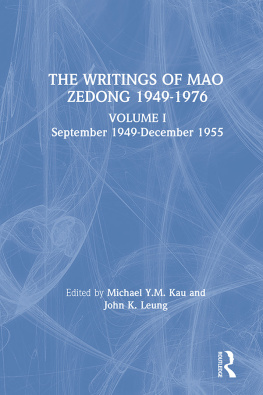

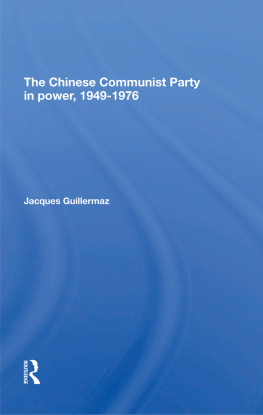
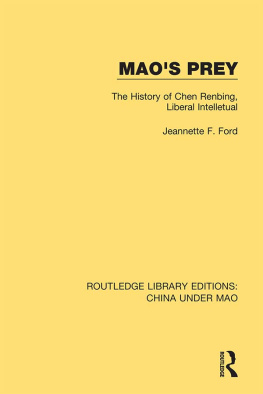
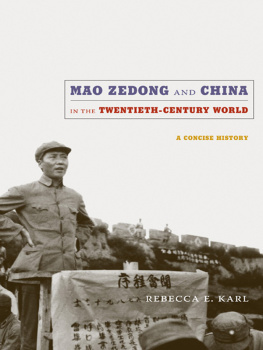
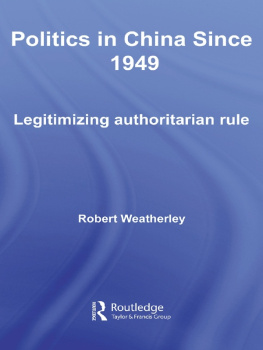
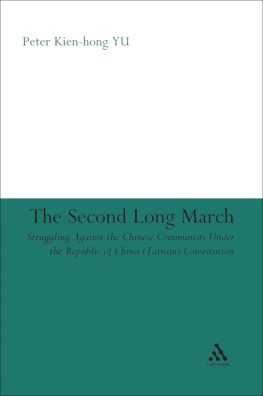
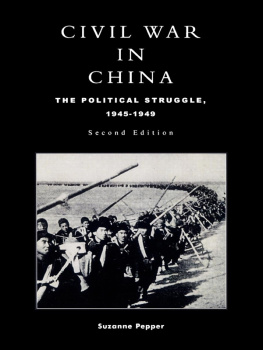
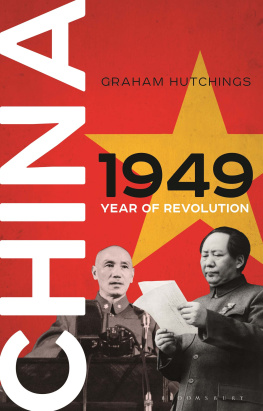
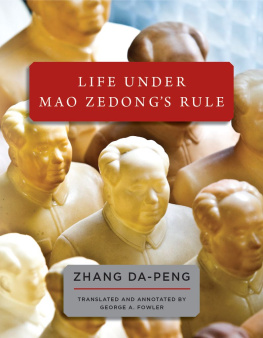



 East Gate Books,
East Gate Books,
